Rinnai – on demand hot water heating units on LPG is low NOX, sustainable and perfect for off-grid hot sites
Rinnai’s range of condensing hot water heater units using LPG are more economic to run than other sources such as oil or electric counterparts and they deliver lower carbon emission figures, greater energy efficiencies – this makes them the first choice for off-grid installations.
For installers, helping an off-grid user select an energy efficient water heater is critical — and a condensing continuous flow water heater using LPG is one of the most efficient and environmentally friendly options available. By choosing a continuous flow water heater, an end user can reduce energy costs by up to 50% and reduce greenhouse gas emissions by up to 61% (compared to electric equivalents). When compared with oil-fired systems this saving is even greater.
Tests show that a Rinnai Infinity condensing water heater has 107% efficiency and is low NOX compared with an oil boiler that emits approximately 364 mg/kwh NOX. That means a Rinnai condensing water heater emits approximately 10% of the NOX that an oil boiler emits, a 90% reduction. Therefore, combining a gas boiler and a Rinnai water heater will radically reduce NOX.
The EU is recommending that the maximum NOX level be reduced to just 56mg/kWh by 2018. Rinnai water heaters are already compliant with this proposed standard. This forms part of the new rules under the Eco-design of Energy-using Products Directive (ErP).
If we now compare the production of CO₂ between gas and electricity we find that for every GJ (277.78kW) of energy used gas will produce 44.44kg compared to 103kg with electric. We can see that for the same energy used electricity will produce twice the amount of one of the major greenhouse gases.
Then if we look at the emission per kW from thermal generation of electricity we find that electricity will produce 0.5kg of CO₂ compared to 0.16kg for the same kW generated with LPG, NOX production works out at 258kg per KW as compared to only 0.184kg.
The efficiency of this type of electrical generation is as low as 40%. So if we now compare the use of electricity to LPG to heat hot water we find that electricity is 40% efficient in comparison to a Rinnai water heater which returns 107% efficiency.
Electricity is not the ‘green’ fuel that its marketing portrays it to be. It has potential to produce more CO₂ and NOX and can be very costly.
A Rinnai LPG continuous flow water heater is an ‘on-demand’ system. When a hot-water tap is opened, the unit reads the demand and starts the heating process. The water flows through a heat exchanger, where it heats to the desired temperature using only as much gas as is needed. When the tap is turned off, the heater automatically shuts off.




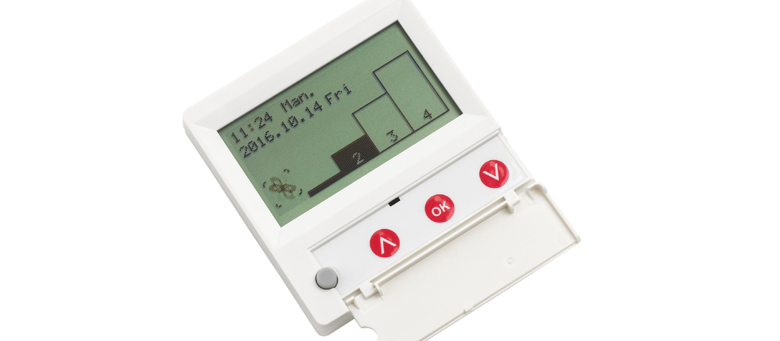

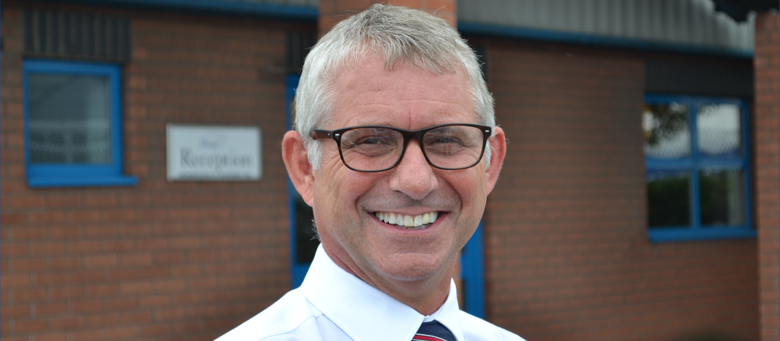
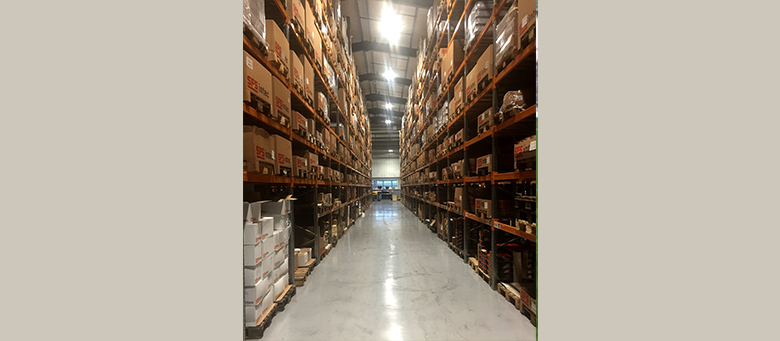
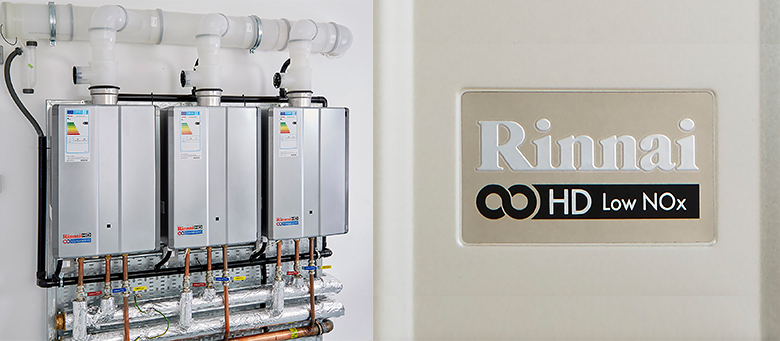





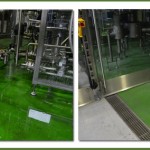

Leave a Reply
Want to join the discussion?Feel free to contribute!